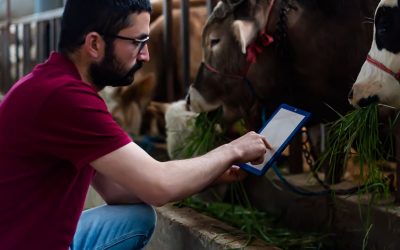Scientists Seek Dogs with Epilepsy for a Groundbreaking Clinical Trial
Scientists have announced a new clinical trial that seeks to develop a groundbreaking treatment for dogs with epilepsy. This trial is a joint effort between the Royal Veterinary College and the University of Liverpool and aims to recruit dogs who suffer from epileptic seizures.
The Need for a New Epilepsy Treatment
Epilepsy is a chronic neurological disorder that affects millions of dogs worldwide. It is a condition characterized by recurring seizures that can be caused by various factors, such as genetic predisposition, brain injuries, and infections. Although there are currently some medications available to control epilepsy in dogs, they can cause side effects and may not be effective in all cases.
The Clinical Trial for a New Treatment
The clinical trial seeks to develop a new treatment for dogs with epilepsy. The trial will be conducted at the Royal Veterinary College and will involve recruiting dogs with epilepsy. The dogs will be given a new medication that targets a specific protein in the brain known as the AMPA receptor. This medication is expected to reduce seizures in dogs and improve their quality of life.
Why the Clinical Trial is Significant
The clinical trial is significant because it seeks to develop a new treatment for dogs with epilepsy that may be more effective and have fewer side effects than existing medications. Moreover, this trial may also pave the way for the development of new treatments for human epilepsy. Epilepsy affects millions of people worldwide, and new treatments are urgently needed to improve their quality of life.
How Dog Owners Can Participate in the Clinical Trial
If you have a dog with epilepsy, you may be eligible to participate in the clinical trial. To be eligible, your dog must have been diagnosed with epilepsy, be between one and eight years old, and have a minimum weight of 5 kg. Your dog must also be on a stable medication regimen for at least four weeks before the trial. If you are interested in participating in the trial, you can contact the Royal Veterinary College at sbohvm-metric@glasgow.ac.uk



